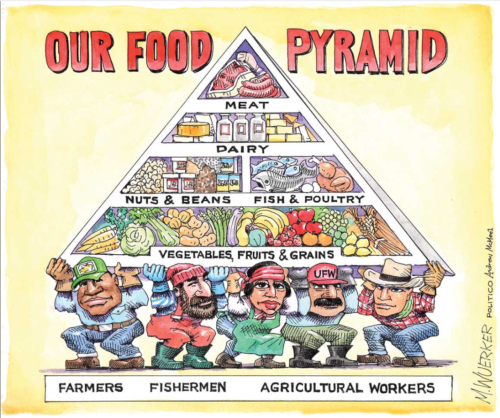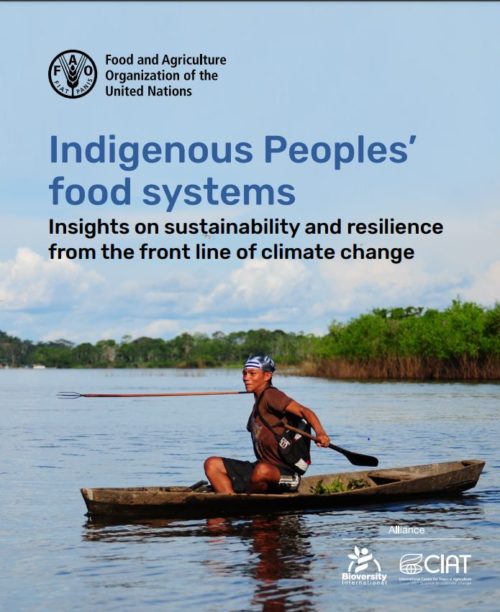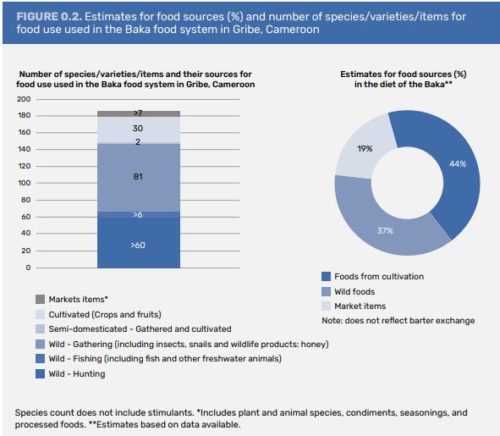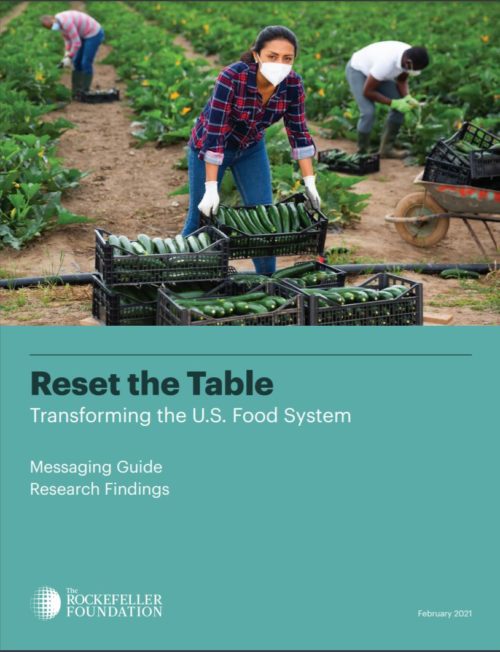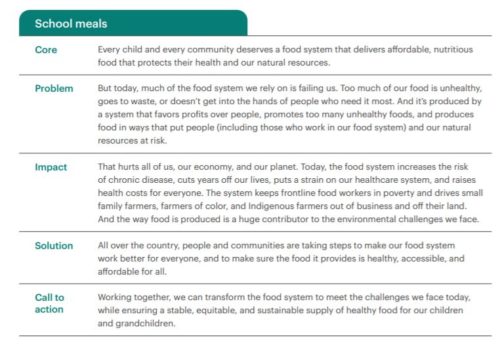Yesterday, I posted information about the forthcoming UN Summit on Food Systems (UNFSS) and its Pre-Summit. The Summit has been heavily criticized on the grounds that it:
- Sets agenda themes determined by corporate entities such as The World Economic Forum and the Gates Foundation.
- Favors corporate technological solutions to food system problems.
- Ignores agroecology, organic farming, and indigenous knowledge.
- Excludes meaningful representation from people most affected by food system transformation.
- Promotes corporate control of food systems.
- Ignores the conflicted interests of its organizers.
- Is fundamentally undemocratic.
These criticisms are so severe that The Civil Society and Indigenous Peoples’ Mechanism for Relations with the UN (CSM) is organizing counter events July 25 to July 27.
Much has been written to document such concerns.
Civil Society and Indigenous Peoples Mechanism, North America: UN Food System Summit “Dialogue” events spark renewed concerns of corporate capture in North American food system and rural economies globally
In March 2020, 550 civil society organizations sent an open letter to the United Nations (UN) Secretary-General condemning the involvement of the World Economic Forum in the UNFSS, the appointment of Ms. Agnes Kalibata as UNFSS Special Envoy due to her links to corporate agribusiness, the failure of the UNFSS to elevate the primacy and indivisibility of human rights frameworks as foundational to the governance of food systems, and the necessity of civil society organizations to have an autonomous, self-organized, and equal ‘seat at the table.’ These concerns have not been addressed despite numerous CSM interactions with UNFSS organizers.
The International Panel of Experts on Sustainable Food Systems (IPES): An IPCC [Intergovernmental Panel on Climate Change] for Food?” How the UN Food Systems Summit is being used to advance a problematic new science-policy agenda.
Behind what sounds like a technocratic question is in fact a high-stakes battle over different visions of what constitutes legitimate science and relevant knowledge for food systems. This, in turn, is part of a broader battle over what food systems should look like and who should govern them.
Matthew Canfield, Molly D. Anderson and Philip McMichael. UN Food Systems Summit 2021: Dismantling Democracy and Resetting Corporate Control of Food Systems. Front. Sustain. Food Syst., 13 April 2021. [Note: this paper has an especially useful historical account of attempts to establish global food system governance]
Although few people will dispute that global food systems need transformation, it has become clear that the Summit is instead an effort by a powerful alliance of multinational corporations, philanthropies, and export-oriented countries to subvert multilateral institutions of food governance and capture the global narrative of “food systems transformation”…It elaborates how the current structure and forms of participant recruitment and public engagement lack basic transparency and accountability, fail to address significant conflicts of interest, and ignore human rights.
Independent scientists: Open letter to policy makers: No new science-policy interface for food systems.
We call on governments and policymakers to…Support participatory processes that actively and meaningfully include plural perspectives and voices in food system governance. Farmers and other citizens need inclusive, participatory, and safe spaces within the CFS-HLPE process to co-create the knowledge necessary to govern food systems at global, national and local levels.
Maywa Montenegro, Matthew Canfield, and Alastair Iles. Weaponizing Science in Global Food Policy.
Nobody disputes the need for urgent action to transform the food system. But the UNFSS has been criticized by human rights experts for its top-down and non-transparent organization. Indigenous peoples, peasants, and civil society groups around the world know their hard-won rights are under attack. Many are protesting the summit’s legitimacy and organizing counter-mobilizations.
Scientists are also contesting a summit because of its selective embrace of science, as seen in a boycott letter signed by nearly 300 academics, from Brazil to Italy to Japan.
Through the Summit, “science” has been weaponized by powerful actors not only to promote a technology-driven approach to food systems, but also to fragment global food security governance and create institutions more amenable to the demands of agribusiness.
Scientists: An open letter from scientists calling for a boycott of the 2021 Food Systems Summit.
Some critics of the UNFSS have suggested ways that the process could become less problematic: (1) it could incorporate a human rights framing into all of its “action tracks”; (2) it could create an action track led by the CSM on the corporate capture of food systems; and (3) it could designate the UN Committee on World Food Security as the institutional home to implement recommendations coming out of the summit.
Nisbett N, et al. Equity and expertise in the UN Food Systems Summit. BMJ Global Health. 2021;6:e006569.
…time is not late to take action in rebalancing powers and enabling a greater diversity of knowledge, not simply among a multiplicity of voices in multiple public forums, but explicitly engaged at the summit’s top table of expertise and summit leadership. It is also not late to adopt mechanisms that limit the engagement of those actors whose primary interests have driven our food systems to
become unhealthy, unsustainable and inequitable, so the voices of the people can be clearly heard..
An alternative: The Global People’s Summit on Food Systems
The People’s Summit is composed primarily of movements of landless peasants, agricultural workers, fisherfolk, indigenous people, rural women, and youth—or small food producers who produce 70% of the world’s food, yet remain among the world’s poorest and food insecure. “The issue of landlessness and land grabbing is not on the agenda of the UNFSS. Nowhere in its so-called Action Tracks do discussions highlight critical trends such as on land concentration and reconcentration in the hands of big agribusiness firms and their network of local landlords and compradors, nor on the massive displacement of rural communities to give way to big private investments and large development projects,” said Chennaiah Poguri, chairperson of the Asian Peasant Coalition (APC).
Additions


